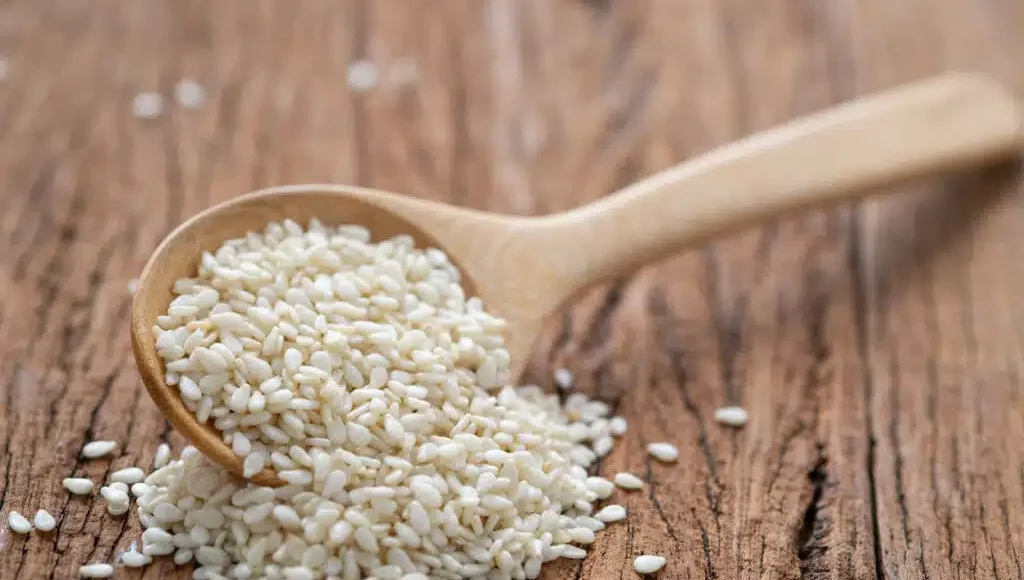Sahiwal — A pioneering China-Pakistan agricultural partnership in Punjab’s Sahiwal district is rapidly scaling up sesame production, aiming for 5,000 tonnes in exports to China by 2025.
On August 11, a delegation from Northwest A&F University’s Silk Road Biohealth Agriculture Industry Alliance visited the Biohealth Sesame Order Demonstration Farm, a flagship site under the China-Pakistan Biohealth Agriculture Overseas Technology Demonstration Park.
The initiative is a collaboration between China Machinery Engineering Corporation (CMEC), NWAFU, and Pakistan’s Ayub Agricultural Research Institute. It introduces top-grade Chinese sesame varieties, advanced farming methods, and a scientific framework for bio-healthy sesame production.
“Through extensive field trials, we identified the varieties that thrive in Pakistan’s conditions and developed production standards to ensure quality,” said project leader Professor Zhang Lixin.
Trained Pakistani professionals, including NWAFU alumnus Dr Ammar, now play key roles in technical operations. The harvested sesame is processed locally at CMEC facilities, tested in a joint laboratory, and exported to China for use in food, health, and industrial products.
So far, the project covers 500 acres across 12 standardised farms and involves more than 120 farmers under contract farming agreements. The first export shipment last year totalled 3,500 tonnes; the coming expansion is expected to generate over 500 permanent jobs and eventually extend to 50,000 acres, producing 23,000 tonnes annually.
Pakistan currently cultivates sesame on about one million acres, producing 350,000–450,000 tonnes annually, though extreme weather can cause sharp declines. Zhang estimates that widespread use of modern techniques could lift production above 500,000 tonnes in optimal years.
Experimental trials showed four of ten tested varieties yielding over 130 kg per mu, with the top-performing variety reaching 230 kg. However, larger-scale trials are needed due to the strong influence of climate factors like rainfall and sunlight.
The next phase includes flood-resistant varieties, specialised fertilisers, biopesticides, mechanised harvesting, drone spraying, and digital farm management. Training programmes, farm tours, and online seminars will support farmer adoption.
Professor Zhang believes the project’s integrated model — linking universities, industry, and farmers — will drive innovation and long-term growth in Pakistan’s agriculture.



